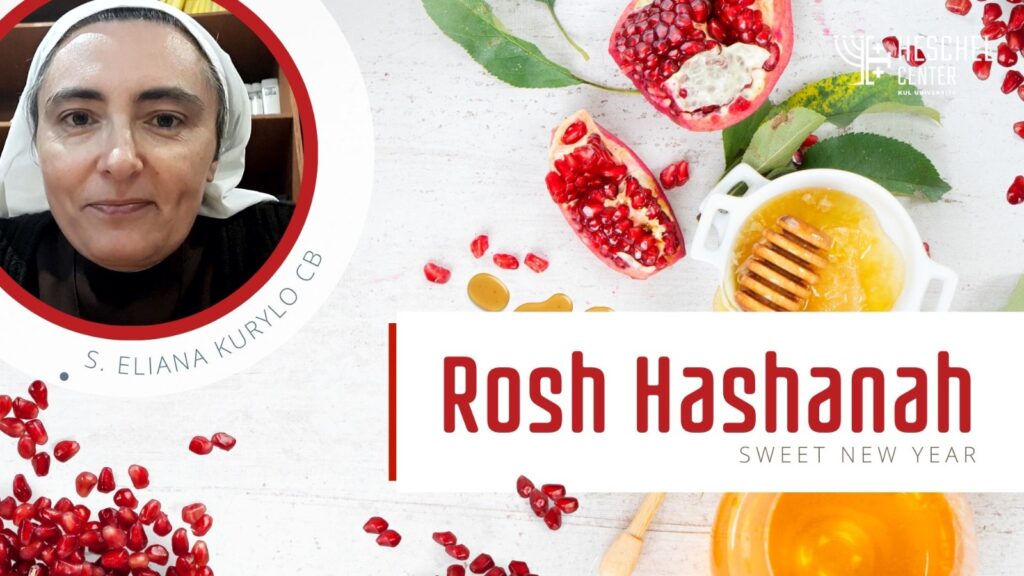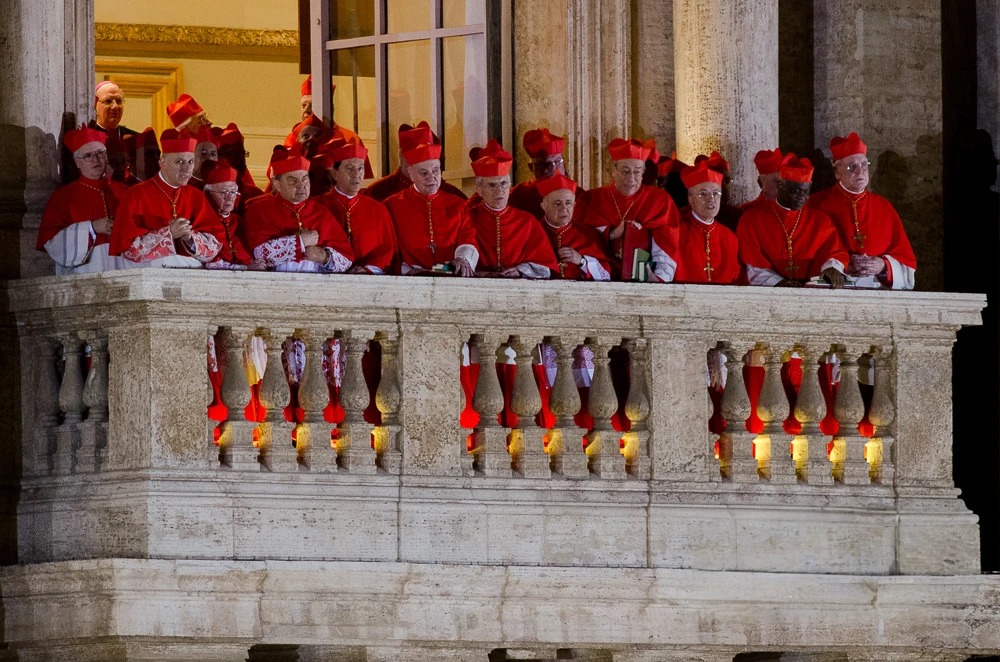Sweet Rosh Hashanah
Today begins 5784 on the Jewish calendar

Rosh Hashanah, which means “head of the year,” is the first day of the new Jewish year. Jews on this day dip challah and apples in honey during a celebratory dinner, a metaphor for God’s blessing and the desire that the coming year will also be filled with sweetness – On the first day of 5784, Sr. Eliana Kurylo CB, the Superior of the Community of Blessings in Emmaus-Nicopolis, Israel, spoke to the A.J. Heschel Center of the Catholic University of Lublin about the symbolism and traditions of the Jewish New Year. Sr. Kurylo is also a proofreader of ancient Hebrew at the Biblical Institute of Toulouse.
Jewish tradition holds that during Rosh Hashanah, God opens the book in heaven and judges each person’s deeds from the past year. It lasts ten days until the Day of Atonement on Yom Kippur, so there is time to repent and ask God for forgiveness. These days, God decides who will leave this world in the new year that has just begun, so Jews make their New Year’s wishes: “May you be written (in the Book of Life) and sealed for a good year.” “The sound of the shofar, or trumpets, during the holiday as well as during the days of repentance that follow is meant to motivate the soul to return to God and help its spiritual revival,” says Sr. Eliana Kurylo.
On the afternoon or evening of Rosh Hashanah, Jewish people go to the water for the Tashlich ceremony, symbolically emptying pockets to get rid of personal sins. Disposing of sins in the water where the fish live is also not without significance. “Fish are the few animals that do not close their eyes. They are a symbol of God’s eyes, which are open all the time and see all human deeds,” explains the superior of the Community of Blessings in Emmaus-Nicopolis, Israel.
An essential part of the Jewish New Year is a festive dinner, during which the food served has symbolic meaning. “On the New Year’s table, you will find a round challah showing the continuity of each year and the recurring cyclical nature of the seasons. The challah and apples are dipped in honey, a metaphor for God’s blessing and the desire for the coming year to be filled with sweetness. The holiday table also offers dates and pomegranates. “The festive atmosphere fills homes and souls with hope but also calls everyone to turn to God to receive the grace to become what He wants us to be,” concludes Sr. Eliana Kurylo CB.
A full text of the commentary on the Heschel Center of the Catholic University of Lublin website:
https://heschel.kul.pl/sweet-rosh-hashanah-today-begins-5784-on-the-jewish-calendar,art_103982.html
Related

The heart of the Church beats between mourning and hope
Exaudi Staff
24 April, 2025
2 min

What is a Conclave? The Process That Elects the New Pope
Exaudi Staff
24 April, 2025
7 min

Current Status of the College of Cardinals
Exaudi Staff
23 April, 2025
14 min

The Challenges of the Next Pope and the Path of Grace
Javier Ferrer García
23 April, 2025
4 min
 (EN)
(EN)
 (ES)
(ES)
 (IT)
(IT)

